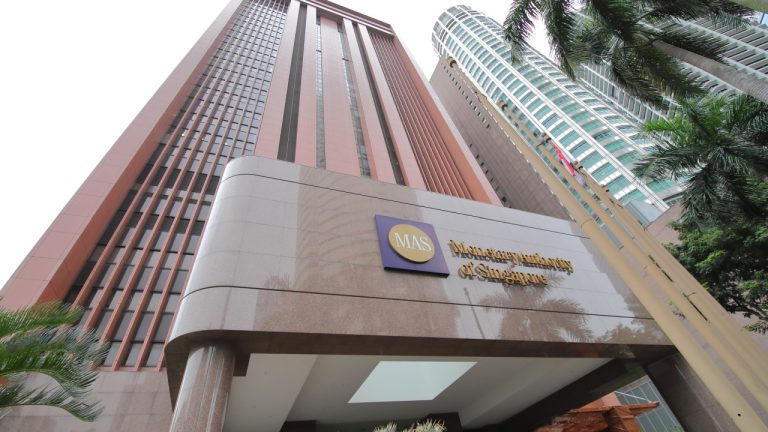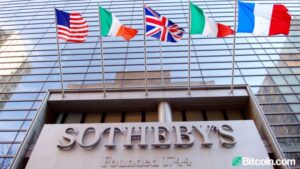
Financial authorities in Singapore are taking steps toward increased oversight in the crypto space with the city-state’s central bank reportedly asking companies to provide additional information about their activities and assets. Ahead of a possible broadening of the applicable rules, the authority is trying to get a clearer idea of their financial state, knowledgeable sources say.
Singapore Regulators Send Crypto Firms Questionnaire, Expect Prompt Response
The Monetary Authority of Singapore (MAS) has sought to acquire detailed information from cryptocurrency firms operating under its license and also some of the applicants, Bloomberg revealed, quoting people familiar with the matter who chose to remain anonymous. The central bank sent a “granular questionnaire” last month, awaiting quick answers.
According to the report, the regulator has asked the companies to provide data regarding the crypto assets they hold, their main lending and borrowing counterparties, the amount loaned and top tokens staked via decentralized-finance protocols. The authority also wants to know how crypto exchanges prepared for launch after receiving regulatory approval in order to better understand the associated risks.
The inquiry comes in advance of expected changes to the regulations governing the operations of these platforms. In early July, the MAS said that imposing additional restrictions on cryptocurrency trading is one of the measures under consideration. The bank’s Managing Director Ravi Menon has already indicated that the scope of regulations will be expanded to cover more activities.
Only about a dozen crypto businesses, out of almost 200 applicants, have so far obtained a license to provide digital payment token services in Singapore. Currently, they are not subject to capital or liquidity requirements or obliged to safeguard customer funds, including crypto assets, from insolvency risks. This might change in the near future. A spokesperson for MAS told Bloomberg:
Licensees and applicants are expected to notify MAS of any events that materially impede or impair the operations of the entity, including any matter which may affect its solvency or ability to meet its financial, statutory, contractual or other obligations.
“In light of the various insolvencies and counterparty defaults which have plagued the crypto industry recently, the MAS is likely to be assessing the need for additional regulatory measures to mitigate the risks that led to these distressed scenarios,” commented Hagen Rooke, a partner at the Reed Smith law firm. The central bank may also consider requiring retail investors to pass a test before being allowed to trade cryptocurrencies, added Chris Holland, partner at Singapore advisory firm Holland & Marie.
It seems that the main purpose of the upcoming amendments is to limit the negative effects of bankruptcies in the sector and protect retail investors from the market’s volatility. Members of the industry are warning, however, this could hurt innovation.
“While I appreciate the need for MAS to consider regulating the crypto space more thoroughly, I am concerned about an overreaction now, and taking decisions that potentially could stifle innovation and the country’s ability to be a leader in Web3,” said Daniel Liebau, a chief investment officer of the Modular Blockchain Fund.
Do you think Singapore will introduce much stricter rules for companies working with crypto assets? Share your expectations in the comments section below.




















